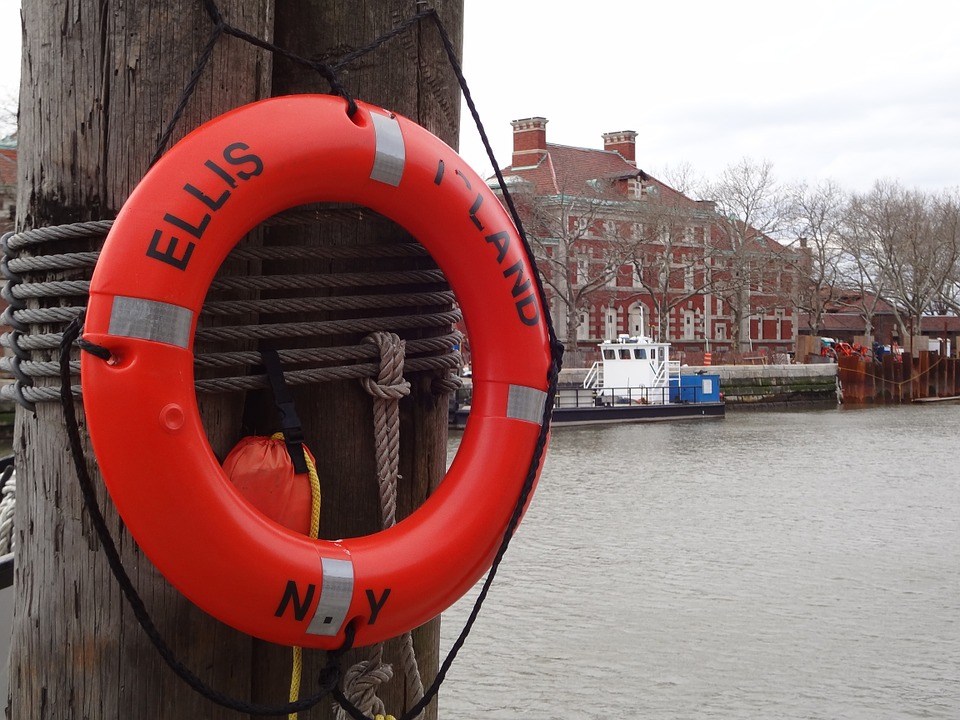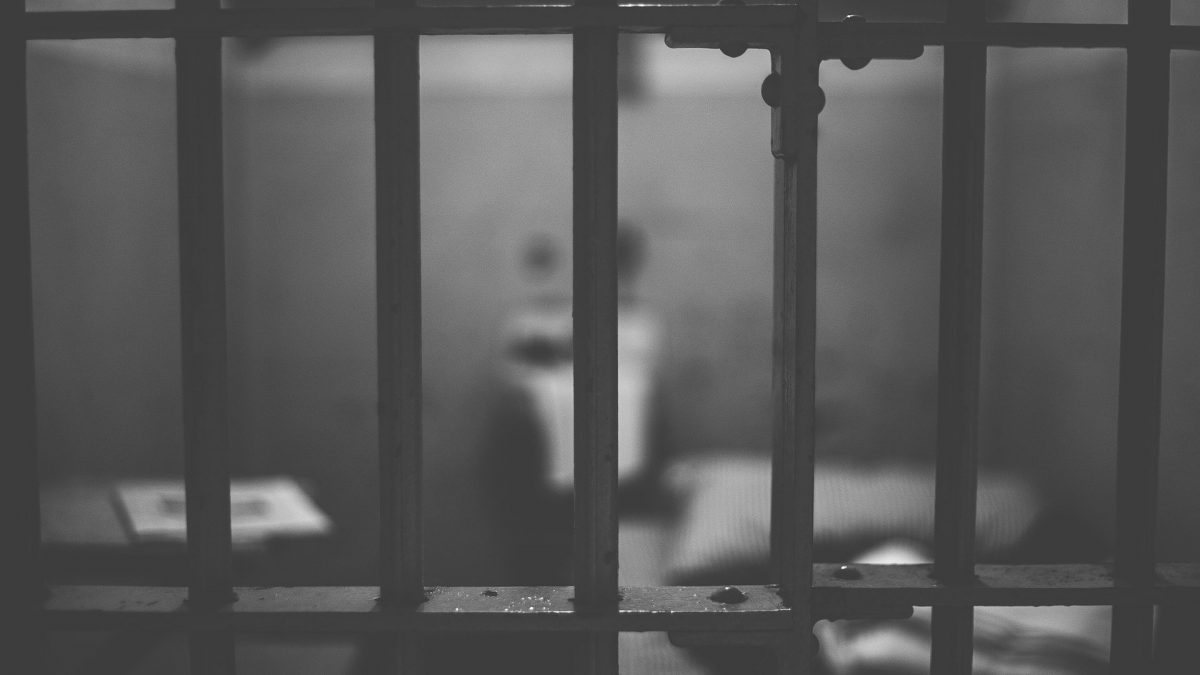
Clear the Lobby: What laws are MPs voting on this week (w/c 8th February)
February 8, 2021
How can I become a U.S. citizen?
February 11, 2021The year-long pandemic has taken its toll on British society, affecting most aspects of life. The grim reality extends to the problem of human trafficking, where restrictions and lockdowns render people more vulnerable to exploitation while limiting their access for help. On 16 July 2020, the House of Lords raised the issue.
Human trafficking is not something new. In fact, 25 million people from all over the world are denied their fundamental right to freedom. However, the pandemic has made it even worse. As a result, the identification of potential modern slavery victims in the UK has slowed down significantly. It is also proving more and more challenging to provide support to survivors, as discussed by the Anti-Slavery Week panel.
10,627 potential victims of trafficking were identified in 2019, which was an extremely worrying 52% increase from the previous year. However, 2020 saw a sharp decrease in reporting and referral. Of the referrals received by the UK National Referral Mechanism (NRM), a change in the types of reported exploitation was evident. While most referrals before the pandemic were of labour exploitation, the new reports that came in leant towards criminal exploitation. Children made up most of the numbers.
There is a mounting threat to children and youth who are forced to stay at home. Isolated from school services, they often fall prey to online predators who exploit their susceptibility. Research found that gangs take advantage of popular social media apps like Instagram and TikTok to recruit children, most of whom are used to carry drugs.
Women are not spared either. In November 2020, police raided a south-east England brothel controlled by a criminal gang where they found eight Romanian sex-trafficking victims. The traffickers were said to have a ruthlessly efficient business model, with members playing a specific role, from recruitment to operation. The lockdown has made it harder for authorities to break the chain of exploitation, owing to the fact that most cases become less visible.
The United Kingdom actively takes part in eliminating trafficking. Having met the minimum standards, the country remains in Tier 1 for its sustained efforts. Some measures include increased prosecutions and convictions and increased funding for anti-trafficking efforts. The efforts also extended to child services, creating a new post of International Modern Slavery and Migration Envoy.
In 2015, the British Parliament passed the Modern Slavery Act. However, many fear that it is not being used fully to punish traffickers, compel companies to sort out the issues of forced labour, or even provide victims with enough help.
People who claimed to be enslaved enter the NRM, allowing them access to housing, healthcare and legal aid while the government considers their claim. They might need to wait from six weeks to several years.
In the last quarter of 2020, Britain pledged a total of £1.7 million as emergency support for modern slavery charities. The funding allowed human trafficking victims to get a safe accommodation and remotely access financial assistance and support services. This is good news, which shows the UK continues to take the struggle against human trafficking seriously, even amidst the country’s preoccupation with the ongoing COVID-19 pandemic and the social and economic issues arising from it.





